Medicaid cuts at the state and federal levels have providers across New Hampshire concerned and searching for ways to cushion the impact on the state’s residents.
Fellowship Housing Opportunities, a Concord-based nonprofit that provides affordable housing and behavioral health services to individuals with mental health challenges, has found itself on the frontlines of this crisis.
The organization manages many housing facilities that offer different levels of care, including 12 supportive housing units with around-the-clock staffing made possible through an agreement with Riverbend Community Mental Health.
Herb Carpenter, executive director of Fellowship Housing Opportunities, explained that although Medicaid does not cover housing, his nonprofit relies on Medicaid reimbursements that Riverbend bills under their operating agreement.
This agreement — and the services tied to it — could be in jeopardized if Riverbend faces significant Medicaid cuts.
“It’s going to be devastating if these people lose housing,” said Carpenter. “It removes 12 beds from the Concord community that are available for the state hospital to discharge people to.”
Carpenter said that the reimbursement of about $200 per bed per day not only supports the 12 housing units but also serves as a source of funding for the nonprofit to run other housing units in Concord.
President Trump’s “one big beautiful bill,” newly passed by the U.S. Congress, slashes the Medicaid budget by nearly $1 trillion over the next decade. Meanwhile, New Hampshire’s state budget, signed by Gov. Kelly Ayotte in June, raises premiums and increases prescription drug copays to $4.
U.S. Rep. Maggie Goodlander said that after weeks of uncertainty about the federal bill and the state budget, providers now understand the Medicaid cuts they are facing and the challenges at both the state and federal levels.
“We already face a number of challenges, red tape, getting eligible people involved in programs,” Goodlander said during a meeting with staff from Fellowship Housing Opportunities in Concord on Tuesday. “This bill is going to create even more hurdles, and they’re coming at us very quickly. And so I think it’s gonna take a lot of educating, and it’s gonna take coordination like we’ve never seen before to make it through this.”
Medicaid cuts have not yet impacted services in New Hampshire.
Heather Moquin, administrator of Merrimack County Nursing Home, said the cuts are not affecting the facility at this point, but they are proceeding with caution.
“I think that the concern is moving forward in the future, there may be more restrictions to Medicaid and more requirements that folks in the community may be more limited in accessing Medicaid,” she said.
In New Hampshire, 41,000 people ages 50 and older received Medicaid benefits in 2022, according to the American Association of Retired Persons (AARP)
Christina FitzPatrick, director of AARP New Hampshire, said changes to Medicaid at both the state and federal levels will lead to people losing their health insurance coverage, which could result in worsening health outcomes.
“When people lack health insurance, they go without preventative care,” said FitzPatrick. “They don’t go for healthcare until things get really, really serious, and so they will show up at the emergency room, where we know that’s the most expensive place to get care.”
Many are also concerned about the complex forms and requirements people must complete to maintain their health insurance. Enrollees could lose coverage simply for missing paperwork deadlines, struggling to navigate the reporting system or lacking the necessary documents to prove they are working or volunteering.
FitzPatrick said the discussions in Washington, D.C., about Medicaid cuts don’t reflect the full reality.
“We’re hearing from the administration is that they’re not cutting Medicaid. They’re just eliminating waste, fraud and abuse,” she said. “If you look at the actual policies that are changing, it’s not the case. You’re actually going after how many people can receive coverage or will receive coverage. That has nothing to do with whether they are financially eligible for the program.”















